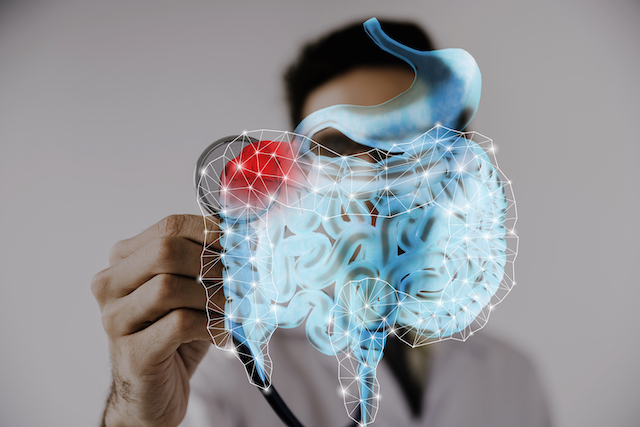
New research debunks perceived benefits of overweight/obesity in lung cancer patients
In Buffalo, New York, the widely held belief that having overweight or obesity could have protective benefits for lung cancer patients has been critically re-examined by researchers at the Roswell Park Comprehensive Cancer Center. Despite obesity being linked to an increased risk and poorer prognosis in at least thirteen different cancer types, lung cancer has been noted as a striking...Read More
Obesity and high-fat diets linked to swift vascular ageing in the brain
A new study conducted in mice traces how obesity and a high-fat diet may accelerate ageing in the blood vessels that supply blood to the brain. The work is being presented this week at the American Physiology Summit, the flagship annual meeting of the American Physiological Society (APS), in Long Beach, California. The findings suggest that obesity and a poor diet can cause damage to...Read MoreNvidia collaborates with hippocratic AI to pioneer AI healthcare ‘agents’ surpassing nurse efficiency at reduced costs
In an ambitious move to revolutionise healthcare delivery, Nvidia, renowned for its advanced chip technology, has joined forces with the artificial intelligence healthcare innovator, Hippocratic AI, to introduce cutting-edge generative AI “agents.” These agents, designed to offer empathetic healthcare interactions, significantly outstrip the capabilities of human nurses in video...Read More
Revolutionising obesity treatment with new gender-specific microbiome findings
Recent investigations to be unveiled at the European Congress on Obesity (ECO) held in Venice, Italy, from the 12th to the 15th of May, 2024, have shed light on the pivotal role that variations in gut microbiota composition play in the genesis and evolution of obesity, revealing notable distinctions between genders. This differentiation may significantly influence the metabolism of various...Read More
Healthcare professionals struggle to tackle childhood obesity due to insufficient training
In the face of the escalating childhood obesity crisis, healthcare professionals are encountering significant hurdles, primarily due to a glaring deficiency in training and operational bandwidth. This predicament was illuminated through a study published in the British Journal of General Practice, wherein researchers from the University of Birmingham conducted thorough interviews with...Read More
Study reveals sweeteners do not elevate hunger while aiding in blood sugar reduction
In a groundbreaking research endeavour, the substitution of sugar with both artificial and natural sweeteners has been shown to not increase hunger levels in individuals, whilst also facilitating a reduction in blood sugar levels. This discovery comes from a rigorous double-blind randomised controlled trial, which observed that foods containing sweeteners do not lead to heightened appetite...Read More
